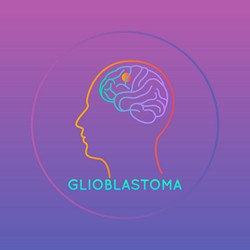Personalised vaccines against glioblastoma
Currently available anti-cancer therapies usually affect tumour progression only temporarily, and are accompanied by significant side effects. Cancer vaccination has emerged as an alternative therapeutic concept that aims at stimulating the patient’s immune system against the cancer. The activated T cells are able to specifically recognise the tumour cells and destroy them. Albeit personalised, previous approaches did usually not take into consideration the unique characteristics of each patient’s tumour. Scientists of the EU-funded GAPVAC(opens in new window) project decided to take personalisation to the next level by tailoring unique peptide-based cancer vaccines specifically for each patient’s disease. The aim was to improve patient treatment through a biomarker-guided immunotherapy approach. In a clinical trial, patients suffering from glioblastoma were immunised with two types of actively personalised vaccines (APVACs) tailored to the individual genomic and peptidomic profile of each patient’s tumour. The first type of APVAC was selected individually for each patient from a pre-manufactured warehouse and comprised tumour-associated peptides frequently overexpressed in glioblastoma tissue, while the second vaccine type was based on (in most cases mutated) antigens unique to the patient’s tumour. These had to be synthesised de novo for the individual patient. Prior to vaccination, patients underwent peptidome, transcriptome and immunogenicity analysis to produce a comprehensive dataset of biomarkers that facilitated the design of the two completely individualised vaccines for each patient. Vaccine design and manufacturing was successful in virtually all cases demonstrating the feasibility of the highly personalized approach. The two-pillar treatment strategy was well tolerated, demonstrating the favourable safety profile of the vaccinations. More than 90 % of analysed patients generated APVAC-induced, persistent immune responses including CD8 and CD4 T cell responses. With the long term clinical effects of immunotherapy against cancer only beginning to emerge, the GAPVAC cutting-edge approach of biomarker-guided active personalisation will further improve the therapy options for glioblastoma. The successful completion of the safety and feasibility profiles of this trial has opened the door for the design of unique therapies based on molecular information from a patient.







